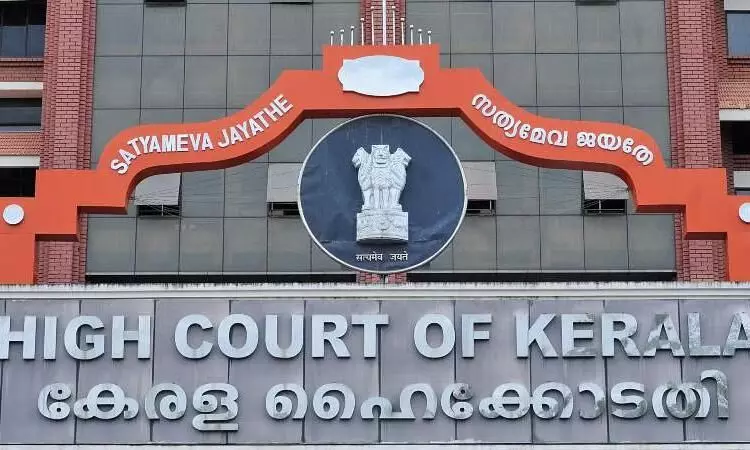
Kerala HC dismisses plea seeking law to curb superstitious practices
text_fieldsKochi: Kerala High Court has dismissed a plea, moved by a rationalists' organization named Kerala Yukthi Vadi Sanghom, which sought directions for the state government to enact a law to curb superstitious practices like sorcery and black magic.
The plea, which came to be filed in light of an incident of human sacrifice in the state in which two women were killed and their bodies dismembered, was dismissed by a division bench of Chief Justice S.V. Bhatti and Justice Basant Balaji.
According to the petitioner, the incident was just one among such incidents, and the organization claims to have approached both Central and state governments and submitted model bills for the statute, seeking an adequate enactment of a law to combat the issue. However, since no action was seen to be taken, the plea was moved.
The petition stated, "Several cases of human sacrifices and other types of assaults in connection with the superstitious belief of black magic and witchcraft have come to light. For the purpose of God's grace, financial gains, getting jobs, resolving family problems, the birth of children, and for several other desires, some people are practicing black magic and witchcraft of which people belong to the downtrodden, and the children and women are mostly the victims".
The plea also sought directions to the government to consider and make a decision on the recommendation of the Law Reforms Commission report of 2019, submitted by Justice K.T. Thomas with regard to the enactment of The Kerala Prevention of Eradication of Inhuman Evil Practices, Sorcery and Black Magic Bill, 2019.
It also pointed out that there are many films, telefilms, and advertisements on television, YouTube, and OTT platforms that advertise superstitious practices which prompt people to indulge in such activities and hence appropriate actions must be taken.
The petitioner further prayed that the advertisement of books with regard to black magic on internet sites be declared illegal.
In October last year, the state government informed the Court that it is actively considering enacting anti-superstition legislation.
However, since no one appeared on behalf of the petitioner when the case was posted for hearing, the Court decided to dismiss it for default.
With inputs from IANS























